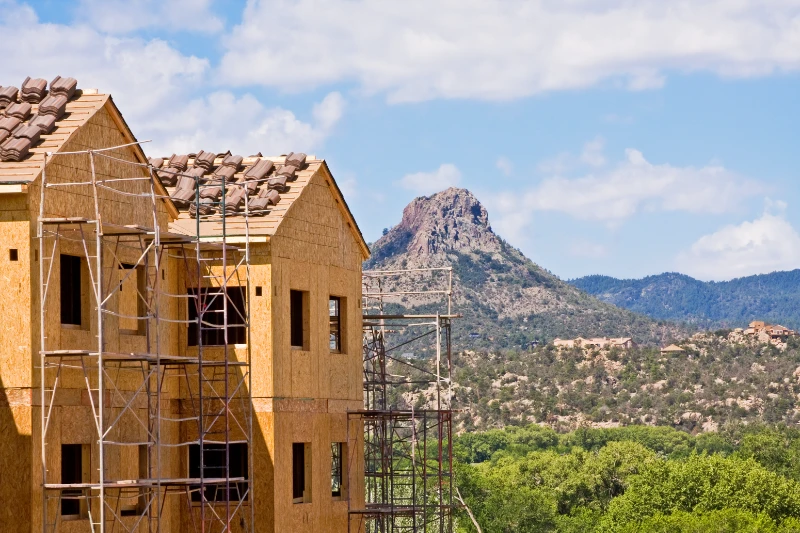
Construction Home Loans
What is a Construction Home Loan?
A Construction Home Loan is a short-term loan designed to finance the cost of building a new home or completing major renovations. Unlike a traditional mortgage, which provides a lump sum at closing, a construction loan releases funds in stages as the project progresses. Once the home is complete, the loan can often be converted into a permanent mortgage.
Benefits of a Construction Home Loan
- Provides financing for both land purchase (if needed) and building costs
- Funds are distributed as construction milestones are completed
- Interest-only payments during the construction phase help manage cash flow
- May be converted into a permanent mortgage, reducing the need for multiple closings
- Flexible loan structures to fit different project needs
Who Should Consider a Construction Home Loan?
- Buyers building a custom home from the ground up
- Homeowners completing major renovations or expansions
- Individuals acting as their own builder (with lender approval)
- Borrowers who want one loan covering both construction and permanent financing
Eligibility
- Minimum credit score of 680 (though some lenders may consider lower with strong compensating factors)
- Stable, verifiable income and employment history
- A reasonable debt-to-income (DTI) ratio (generally 45% or less)
- Detailed construction plans, cost estimates, and a licensed builder
Is It Right for You?
If you’re looking to build or significantly remodel your home and want a loan tailored to cover phased expenses, a construction loan may be the right option. It’s especially useful if you prefer one streamlined loan that transitions into long-term financing once construction is complete.
Key Requirements
- Strong credit and income documentation
- A licensed contractor or builder approved by the lender
- Detailed building plans, blueprints, and construction timeline
- Appraisal of the home’s estimated value after construction
- Adequate down payment (often 20% or more)
Types of Construction Loans
- Construction-to-Permanent Loan: Combines construction financing and a permanent mortgage into one.
- Construction-Only Loan: Covers construction costs; requires refinancing into a permanent loan after completion.
- Renovation Loan: Finances improvements to an existing property.
- Owner-Builder Loan: For borrowers acting as their own general contractor (approval required).
- End Loan: Traditional mortgage taken out after construction is finished.
Who Should Consider Each Type
- Construction-to-Permanent: Ideal for buyers wanting one loan and one closing.
- Construction-Only: Best if you already have financing lined up for the permanent mortgage.
- Renovation Loan: Suitable for those remodeling or buying a fixer-upper.
- Owner-Builder Loan: Appropriate for experienced builders managing their own project.
- End Loan: For borrowers who prefer separate financing after construction.
Documents Needed
- Construction budget and cost breakdown
- Building plans and architectural drawings
- Builder’s license and proof of insurance
- Income documentation (pay stubs, W-2s, tax returns, or bank statements)
- Property deed or purchase contract for land
Advantages Over Other Loan Types
- Provides funds specifically for construction, unlike standard mortgages
- Offers interest-only payments during the building phase
- Flexible options for converting into permanent financing
- Supports new builds and large renovations that traditional mortgages won’t cover
Considerations
- More complex approval process than traditional loans
- Higher interest rates due to short-term risk
- Requires detailed documentation and inspections at each draw stage
- Delays or cost overruns can increase expenses
FAQ
Q: Can I lock in my permanent loan rate before construction is complete?
A: Some lenders allow rate locks for construction-to-permanent loans, though terms may vary.
Q: How long do I have to complete construction?
A: Most lenders allow up to 12 months, but this depends on the lender and project size.
Q: Do I make full mortgage payments during construction?
A: Typically, you only make interest-only payments on the drawn amount during construction.
Q: What happens after construction is done?
A: The loan may convert into a permanent mortgage or require refinancing, depending on loan type.
Get started today!
Fill out the questionnaire on this page to start a discussion about your mortgage needs today!

